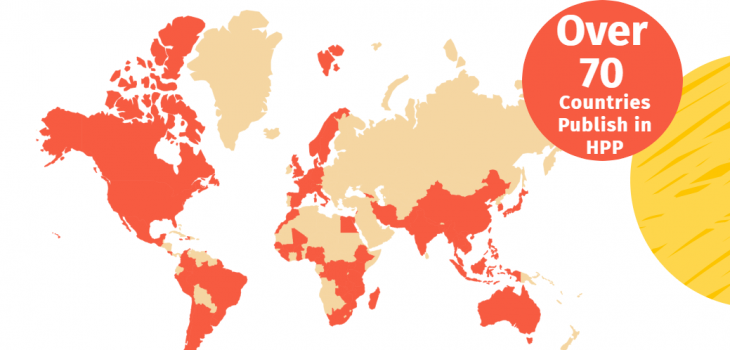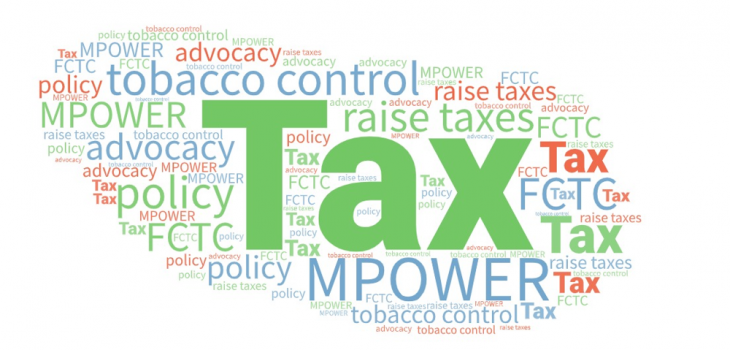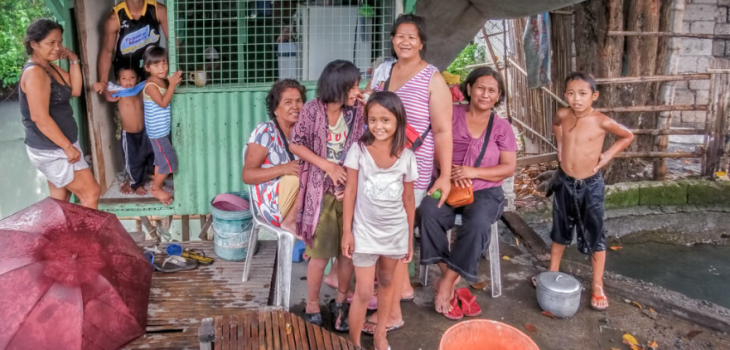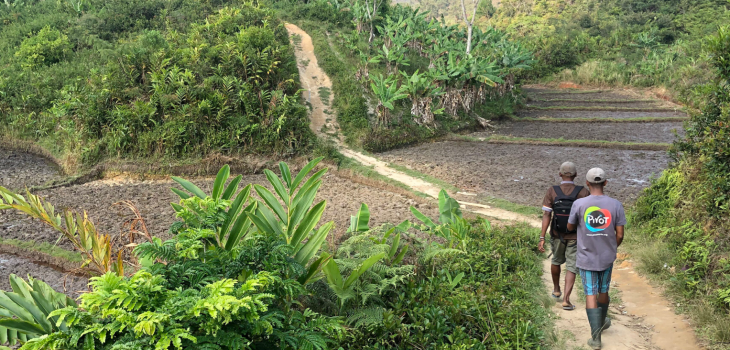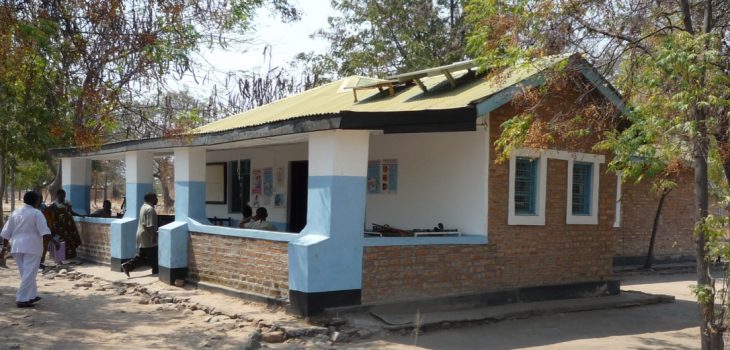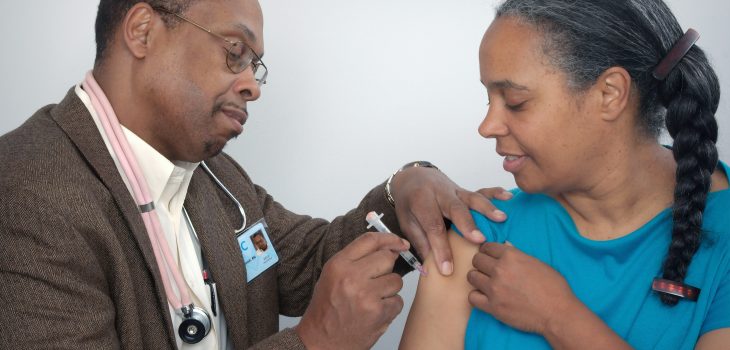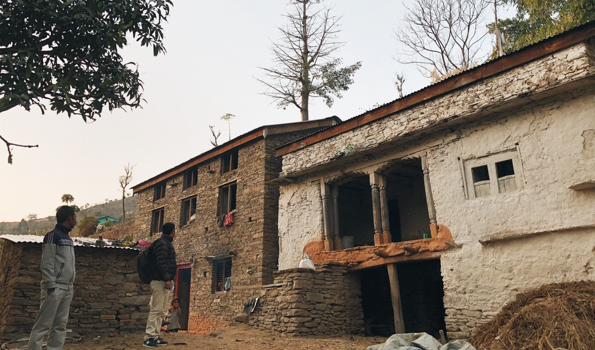By Antonella Di Marzio (Oxford University Press) and Natasha Salaria (London School of Hygiene & Tropical Medicine)
With more than 1,100 papers mentioned by policy sources so far, Health Policy and Planning is increasingly demonstrating its impact on health systems policy at a global level, thus helping bridge the…











